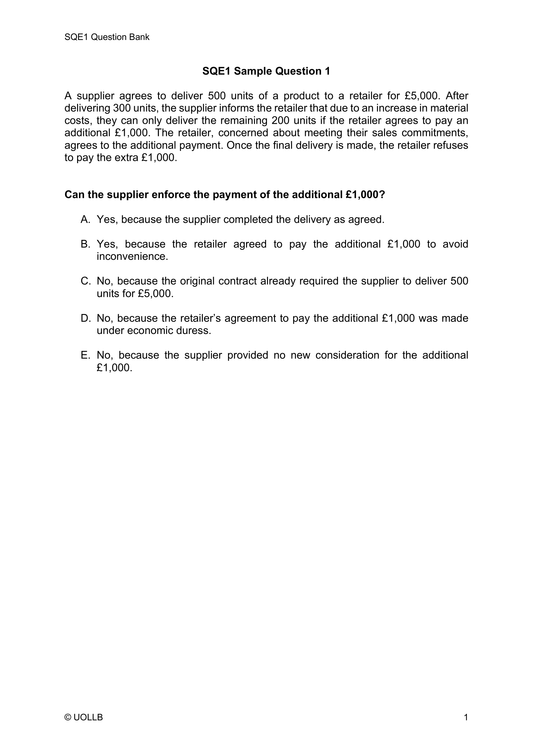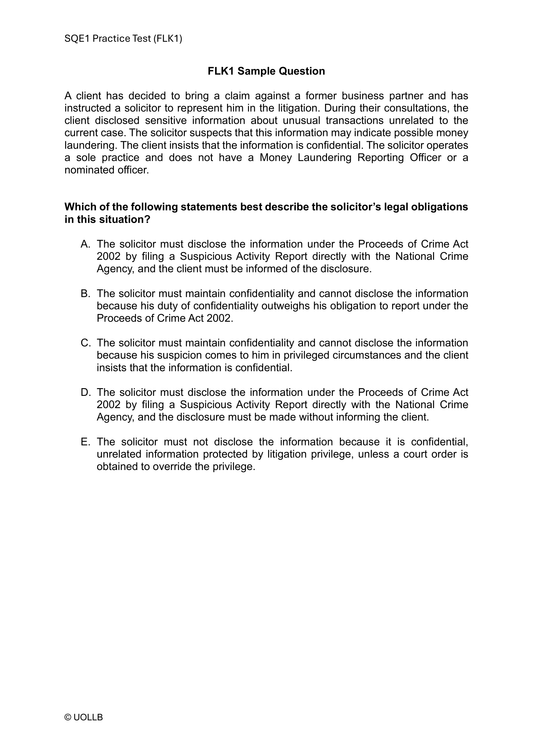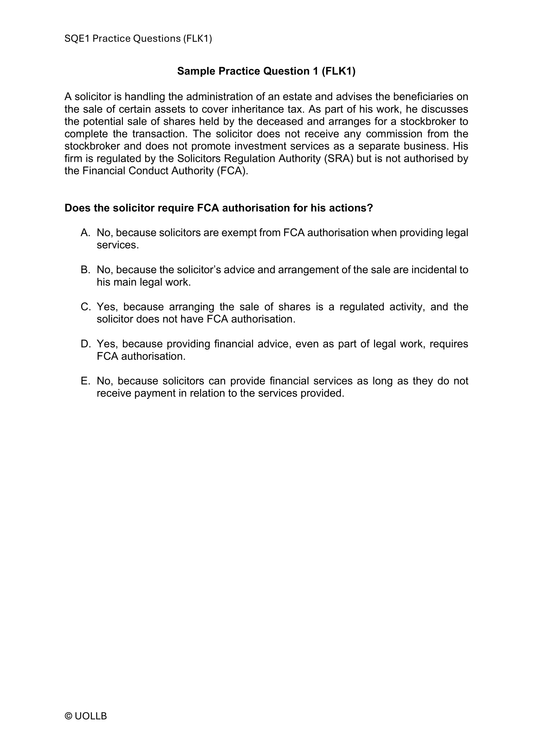Spartan Steel v Martin [1973]
Share
Spartan Steel & Alloys Ltd v Martin & Co (Contractors) Ltd [1973] QB 27 is a well-known English Court of Appeal case concerning the recovery of pure economic loss in negligence.
The case involved Spartan Steel and Alloys Ltd (Spartan), which had a stainless steel factory in Birmingham that obtained its electricity by a direct cable from the power station. The defendants were digging up a road outside the smelting factory of Spartan, negligently damaging the cable, causing a power failure to Spartan for 15 hours, resulting in physical damage to the factory’s furnaces and metal, loss of profit on the damaged metal and loss of operating profit while the factory was not in operation for 15 hours.
The Court of Appeal held that Spartan could only recover the damages to their furnaces, the metal they had to discard and the profit lost on the discarded metal. They could not recover the profits lost due to the factory not being operational for 15 hours. The rationale for the judgement was that the physical damage and loss of profit on the damage metal was directly consequential upon the damage caused by the defendants' negligence while the loss of operating profit due to the blackout was pure economic loss.
The significance of this case is that it established two types of economic loss: consequential loss and pure economic loss. Only consequential loss is recoverable. This has led to much litigation concerning the precise distinction between economic and physical damage as well as to disagreements when the economic loss could be seen as consequential upon physical loss.
The case involved Spartan Steel and Alloys Ltd (Spartan), which had a stainless steel factory in Birmingham that obtained its electricity by a direct cable from the power station. The defendants were digging up a road outside the smelting factory of Spartan, negligently damaging the cable, causing a power failure to Spartan for 15 hours, resulting in physical damage to the factory’s furnaces and metal, loss of profit on the damaged metal and loss of operating profit while the factory was not in operation for 15 hours.
The Court of Appeal held that Spartan could only recover the damages to their furnaces, the metal they had to discard and the profit lost on the discarded metal. They could not recover the profits lost due to the factory not being operational for 15 hours. The rationale for the judgement was that the physical damage and loss of profit on the damage metal was directly consequential upon the damage caused by the defendants' negligence while the loss of operating profit due to the blackout was pure economic loss.
The significance of this case is that it established two types of economic loss: consequential loss and pure economic loss. Only consequential loss is recoverable. This has led to much litigation concerning the precise distinction between economic and physical damage as well as to disagreements when the economic loss could be seen as consequential upon physical loss.





























































